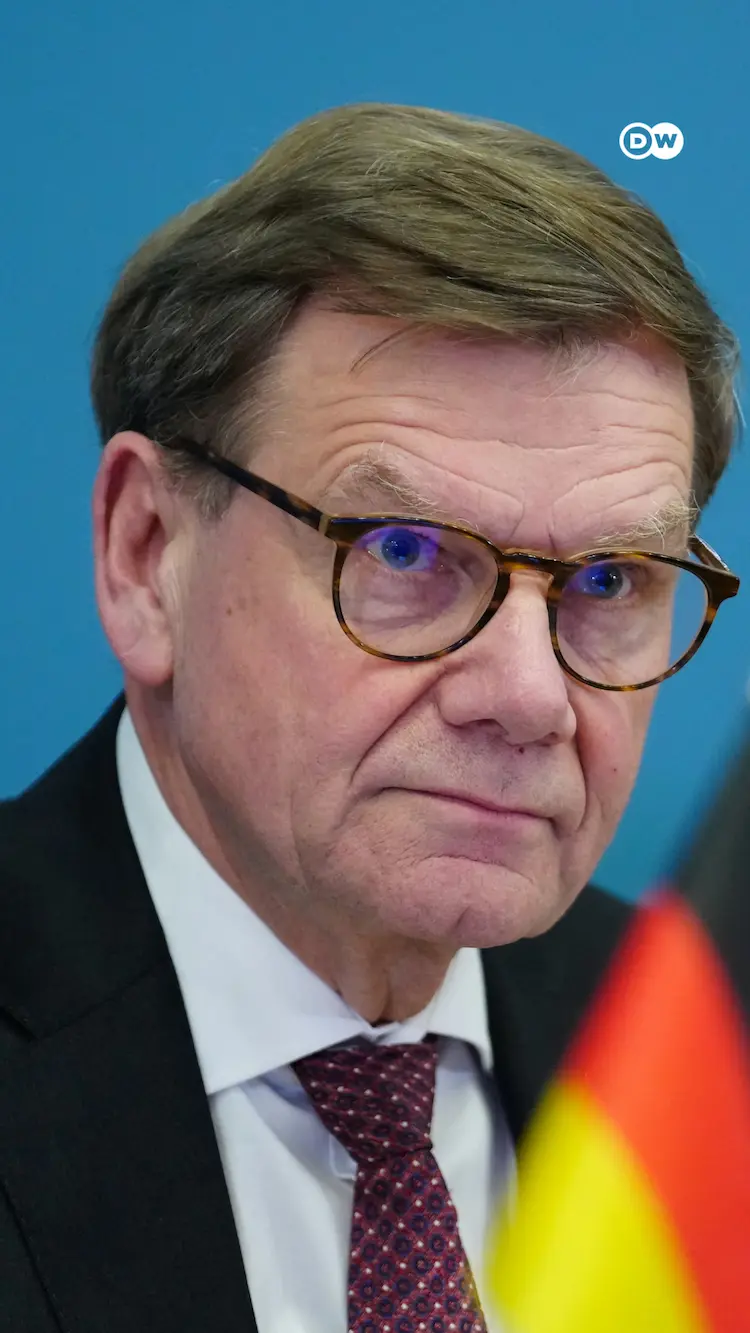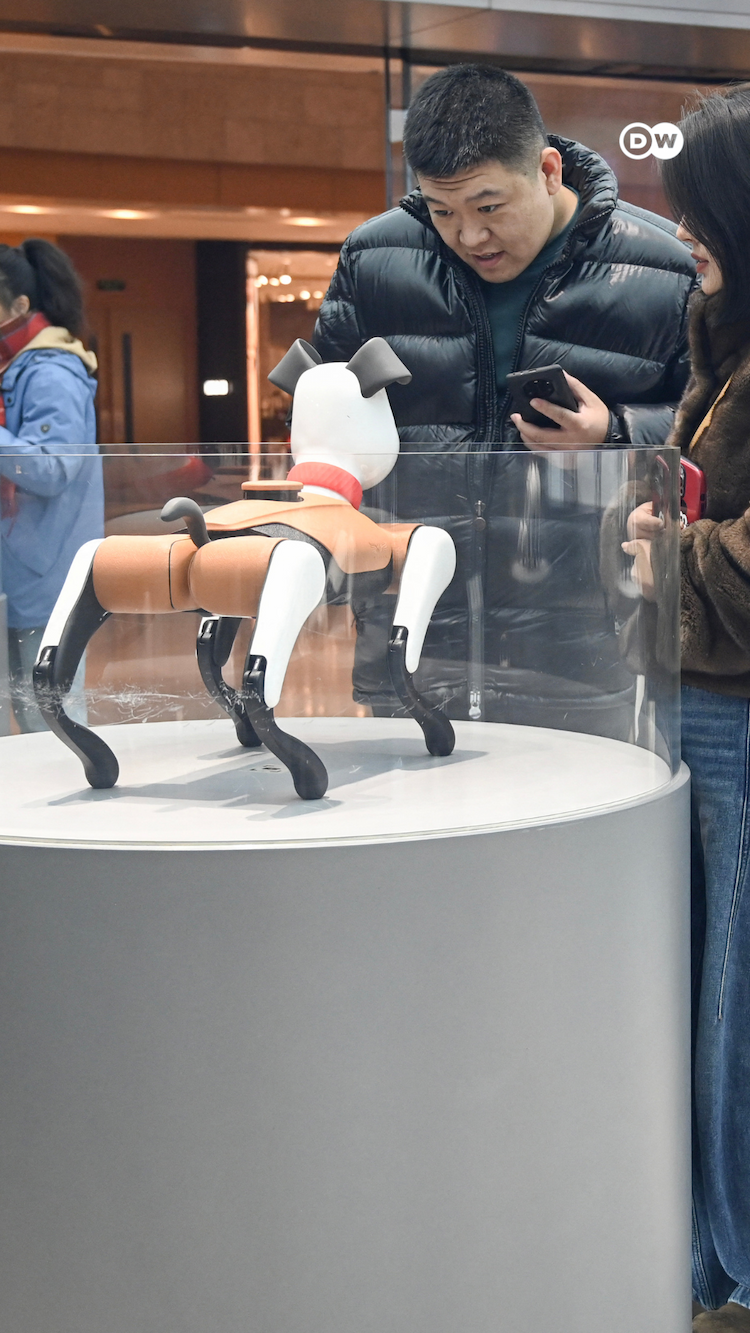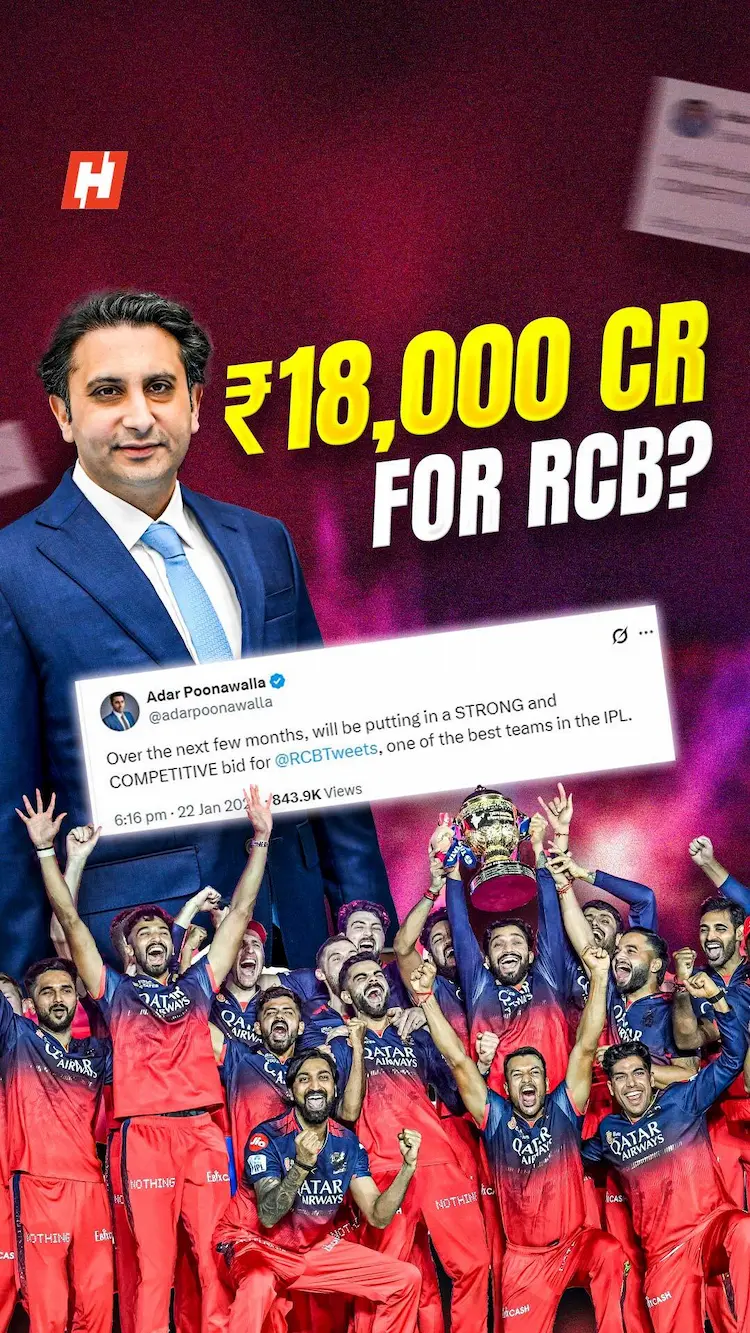What happens to human actors if AI-generated films become the norm?
Artificial Intelligence has changed the game for cinema, challenging traditional concepts of filmmaking, and introducing a new frontier in the world of cinema. With advancements in AI, the film industry is witnessing a significant shift—a world where human actors are not needed to make movies. A great example of this shift comes from Narasimha Murthy from the small village of Siddehalli. Murthy made history by creating ‘Love You’, a 95-minute Kannada film, entirely using AI.
This breakthrough raises an intriguing question: could AI replace the need for traditional heroes and heroines?
All about Kannada film ‘Love You’
A priest from a village near Bengaluru, Narasimha made 'Love You’ by collaborating with AI technician Nuthan. They created the film on a ₹10 lakh budget in six months, using 30 AI tools. The film, featuring AI-generated visuals, soundtrack, and dialogues, has been certified U/A by CBFC. The film includes 12 original songs and AI-generated dialogues, with Narasimha contributing to the lyrics and script. The film also does not have any human actors.
The Academy to recognise AI-generated films
The recognition of AI-assisted films is already being felt on the world stage. The Oscars, long known for celebrating traditional filmmaking, recently made a significant change.
The Academy of Motion Picture Arts and Sciences announced new guidelines on Monday, confirming that the use of Artificial Intelligence (AI) in filmmaking will not impact the chances of receiving an Academy Award nomination, whether positively or negatively.
While generative AI, which can create text, images, audio, and video from simple prompts, contributed to films that won major industry awards in March, the Academy emphasized that human involvement will still be a key factor in determining winners. These guidelines were proposed by the Academy's Science and Technology Council.
What does this mean for cinema?
The concept of celebrity culture and stardom is something that will be impacted and have a huge impact on this AI-related shift. Human actors have been the face of cinema for over a century, but with the advent of AI, will the need for human actors slowly wither?
Given the low budget and quick timelines of making an AI film, producers might want to use AI-generated faces for their movies, instead of hiring a human movie star. But will people connect with these AI-generated actors the way they have with human stars?
Will people want to watch movies which don’t have any of their favourite stars to draw them in? After all, many moviegoers go to cinemas not just to watch the film, but also to get a glimpse of the celebrities they love. These stars often shape box office success and public interest, and their influence extends far beyond the silver screen. But if AI actors replace human stars, what becomes of this cultural phenomenon?









